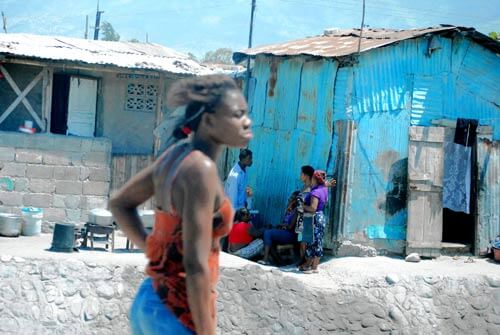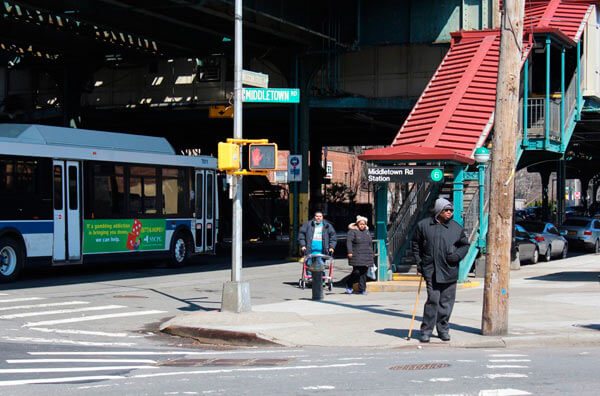PORT-AU-PRINCE, July 18, 2013 (IPS) – More than two years ago, Haiti’s parliament approved a landmark amendment to the country’s 1987 constitution to ensure that women fill at least 30 percent of elected and appointed positions at the national level.
But despite some advancements – for example, out of 23 ministries in the current Martelly-Lamothe administration (2011-2016), 10 are headed by women – implementation of the law has stalled.
“Women in political and decision-makers’ positions are sensitive to defending other women from all forms of violence, especially sexual violence.” — Wany Berrenite of OFAC
“With the support of women’s organisations, traditionally active since 1986, women in political positions have the potential to transform the entire society, which is mostly supported on their work,” Marina Gourgue, state secretary for professional education, told IPS.
“Women in political power and in decision-making positions have the highest capacities to influence the political, legislative and economic agenda… to advance their rights,” she said.
“[But] it is necessary to have an implementation law that indicates in detail how to go forward for the concrete realisation of Constitutional Article 17-1, or to include this disposition in the new electoral law,” Gourgue said.
Haitian women constitute slightly more than half of the population, and their contribution to the social, political and economic life of the impoverished country is also greater by virtue of their dual roles at home and in the workplace.
Overall, women’s representation in legislatures around the world is 20 percent, far from gender parity.
In 2010, according to the Inter-Parliamentary Union (IPU), Haiti ranked as one of the bottom countries in terms of women’s participation in politics and decision-making processes.
Things improved somewhat with the 2011 elections, which followed the devastating earthquake the previous year. Today, the lower house of the Haitian Parliament has five women deputies out of a total of 99.





















